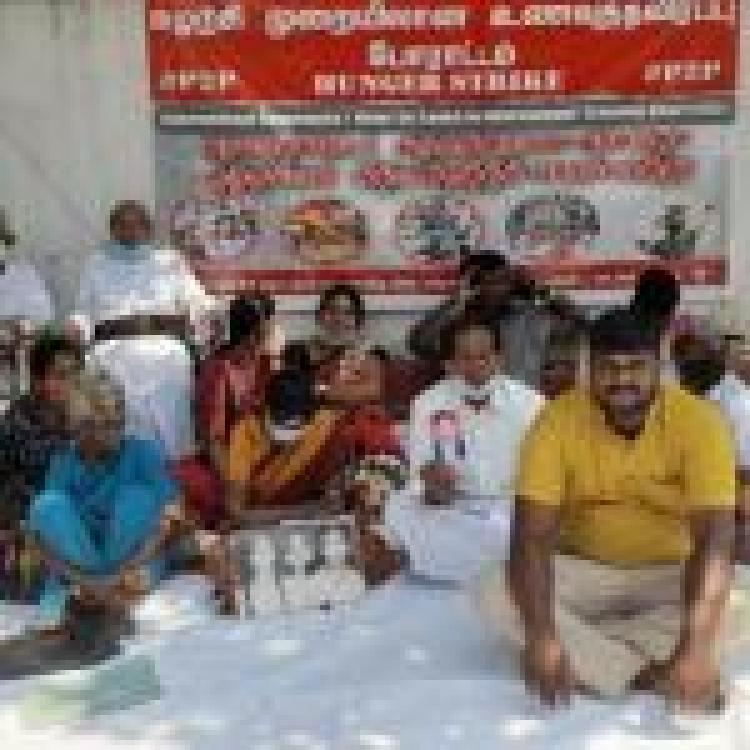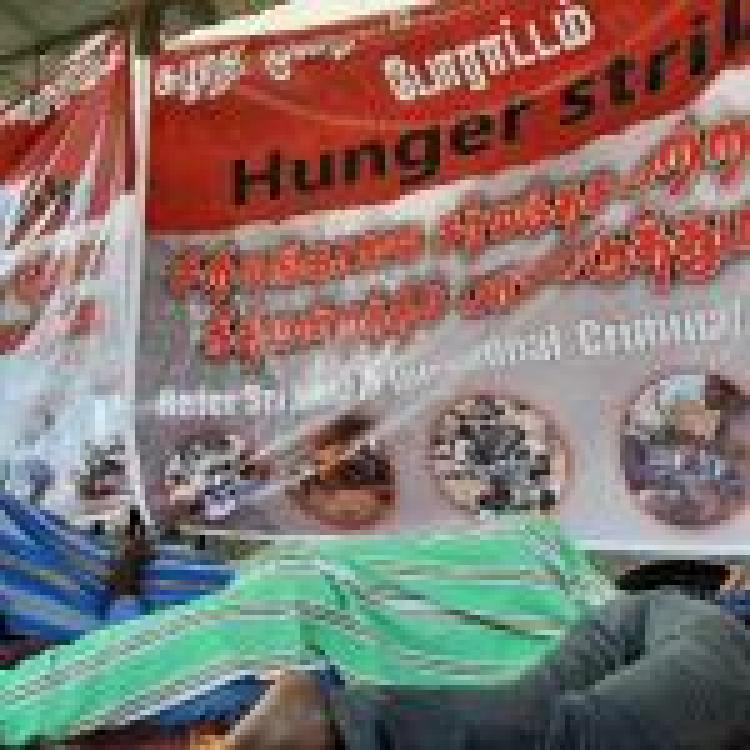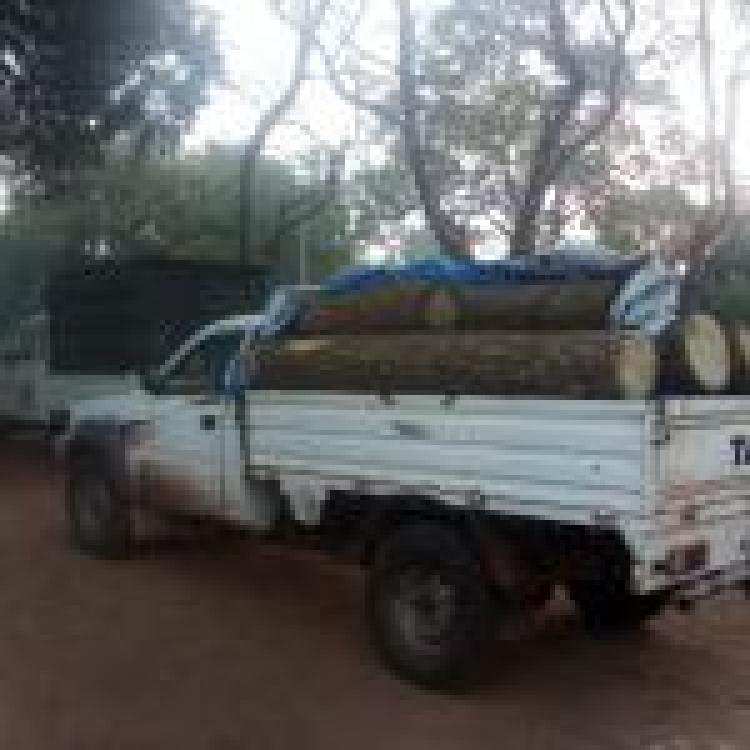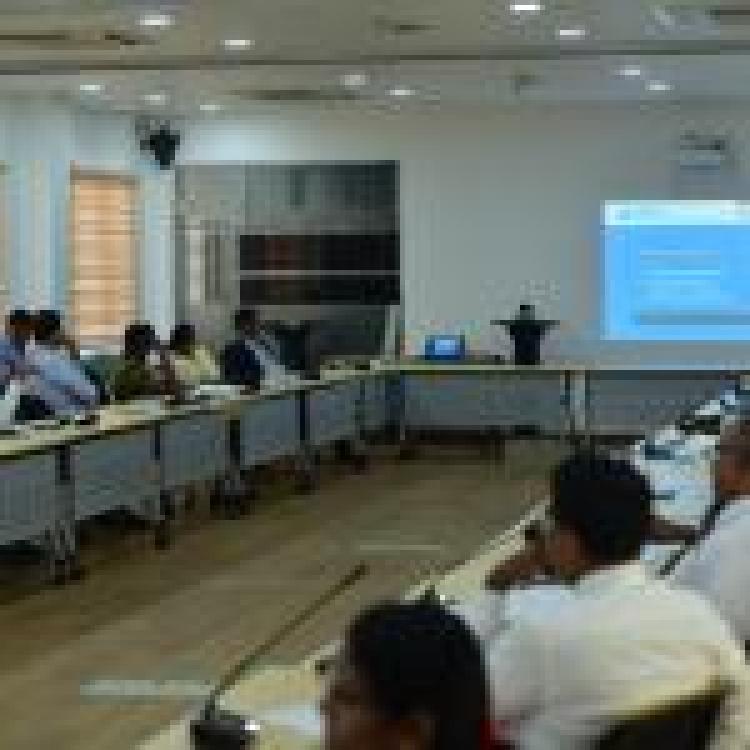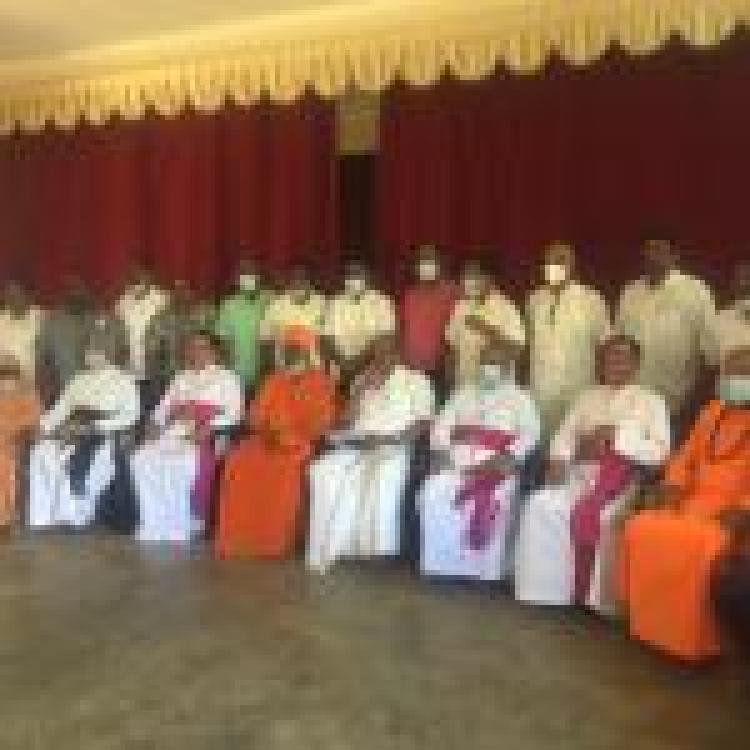![]()
Alan Keenan, senior consultant for the International Crisis Group, has called for the UN Human Rights Council must go beyond looking at issues of accountability to focus “on preventing a return to violence and be followed by a sustained international effort to persuade the Sri Lankan government to pull back from its dangerous trajectory”.
Seeds of future violence
In his statement, he emphasises the importance of accountability he raises concern over “the current government’s authoritarian and ethnically exclusionary policies, which may well be sowing the seeds of future violence”.
Kennan writes that Sri Lanka is being “led by the same nationalist politicians and generals who were in office at the war’s end” and they have “rejected the truth and accountability agenda it inherited and is working hard to end the Council’s engagement”.
President Mahinda Rajapaksa, who is now the country’s prime minister. Running on a strongly Sinhala Buddhist nationalist platform, the Rajapaksas and their party, the Sri Lanka Podujana Peramuna, promised to defend those military officers they considered war heroes against international accountability efforts and to end the “Geneva process” once and for all.
He further highlights areas of deep concern such as the centralisation of power through the 20th amendment; pressure courts to close criminal cases against members and close associates of the president’s family; the establishment of a commission calling for the prosecution of officer’s investigation crimes during the previous Rajapaksa administration; and the promotion of serving and retired military officials, who are accused of human rights abuses, to oversee key policymaking roles.
Keenan notes that the militarisation of government administration has led to an increase of state surveillance and harassment of civil society activists, particularly in Tamil-majority districts. He further highlights Tamils have suffered from “decades of political marginalisation and inequitable economic development”. This has led to greater animosity and concerns over the “military playing a direct role in district administration, and nationalist Buddhist practices given official state sanction”. He also highlights concern over military land grabs for military bases or Buddhist shrines and temples.
“Small acts of resistance could easily turn violent and offer an excuse for the military to crack down and further entrench its power” Keenan warns.
Calls for international action
Reflecting on the UN High Commissioner, Michelle Bachelet’s, damning report, Keenan notes that “Sri Lanka is an example of how impunity can breed further atrocity”. He maintains that it is difficult to envision Sri Lanka breaking this cycle of impunity without the state acknowledging its past crimes but not the government's unwillingness to do so. Instead, he maintains that the Human Rights Council should “keep the pressure on Colombo by endorsing the High Commissioner’s call for international actors to take additional steps in the service of accountability”.
The High Commissioner has urged member states to “investigate and prosecute international crimes committed by all parties … including under accepted principles of extraterritorial or universal jurisdiction”; calls on governments to explore targeted sanctions against those credibly alleged to have committed grave human rights violations, and encourages the UN Security Council to consider a referral to the International Criminal Court (ICC).
Keenan notes the geopolitical difficulties of a referral to the ICC but highlights that “victims’ groups and Tamil activists have welcomed the High Commissioner’s call as both an acknowledgement of the gravity of the crimes committed during the war and a reminder of the lack of domestic redress”.
The Core Group’s draft resolution, he notes, “has disappointed many activists and survivors’ groups by pulling back from the High Commissioner’s bold calls for ICC referral, targeted sanctions and the creation of an independent evidence-gathering mechanism”.
With respect to geopolitical pressure, he further notes the importance of the “Organisation of Islamic Cooperation member states” who must “act on concerns about growing discrimination against Muslims”. In addition, he notes the importance of US engagement as an observer of the Council.
Calls for action
In light of the deteriorating human rights conditions in Sri Lanka, Keenan calls on the Sri Lankan government to:
- Cease arrests under the Prevention of Terrorism Act and releasing on bail or bringing to trial those detained under this legislation, including Tamils held on war-related allegations and Muslims detained for alleged involvement in the 2019 Easter suicide bombings;
- Ensure a transparent and procedurally fair process for prosecuting those against whom there is credible evidence of involvement in the Easter bombings;
- Cease all politically motivated punishment of police and politicians who backed investigations into high-profile criminal cases related to the previous Rajapaksa government, including by discontinuing the Special Presidential Commission of Inquiry;
- End the policy of forced cremations and all government policies that discriminate against Muslims and evangelical Christians;
- Cease arbitrary and illegal seizures of land lived on, cultivated or used as religious sites by Tamils, Hindus and Muslims in the north and east (whether by the military or on alleged archaeological or environmental grounds) and establishing lawful and transparent processes, with multi-ethnic participation, for distributing state land and adjudicating land issues in these multi-ethnic regions;
- End the politically motivated surveillance and harassment of NGOs and community organisations by police and intelligence personnel; and
- Preserve the modest devolution of power provided for by the constitution’s 13th Amendment by holding overdue elections for provincial councils in 2021 and allowing them to operate effectively.
Read Keenan's full piece here.


